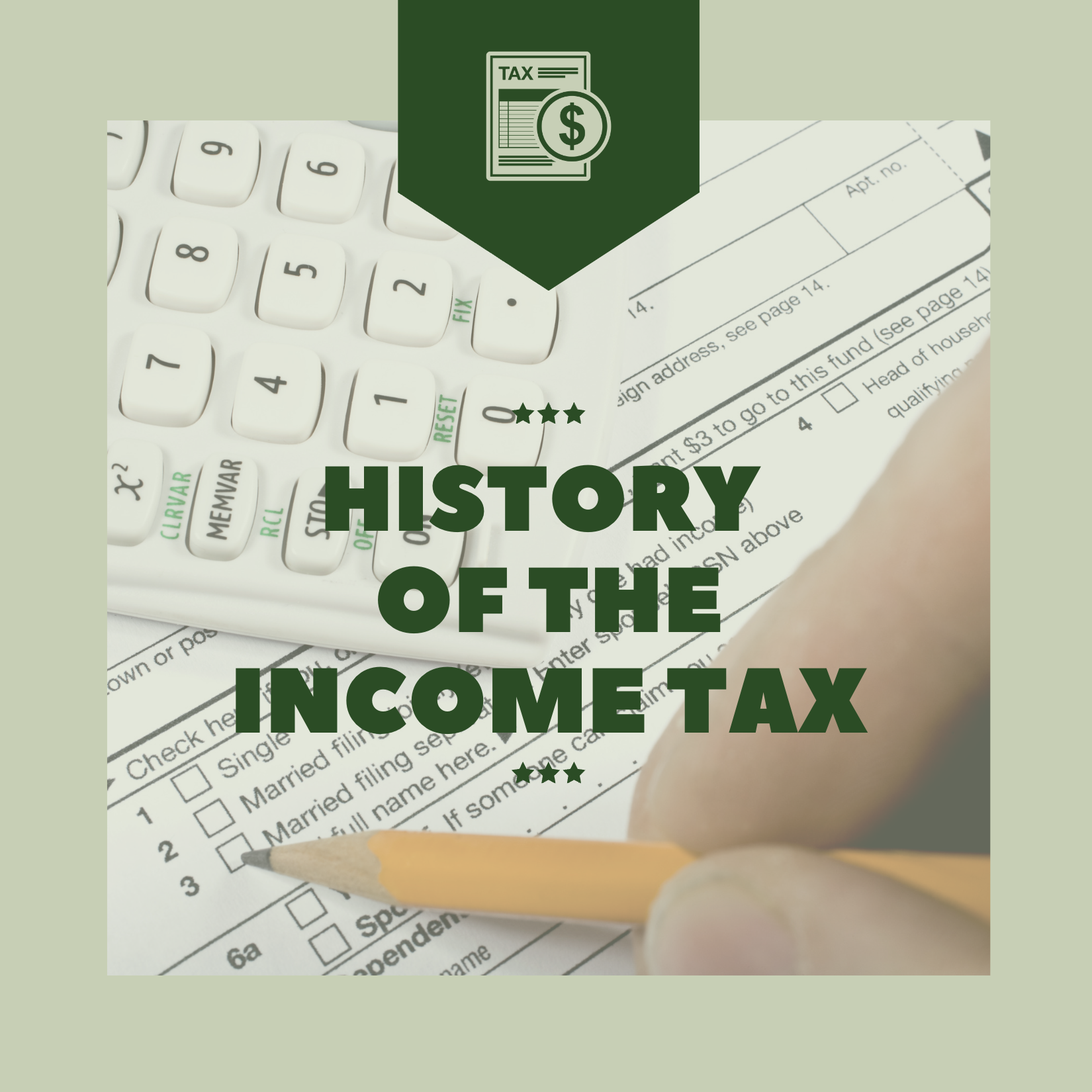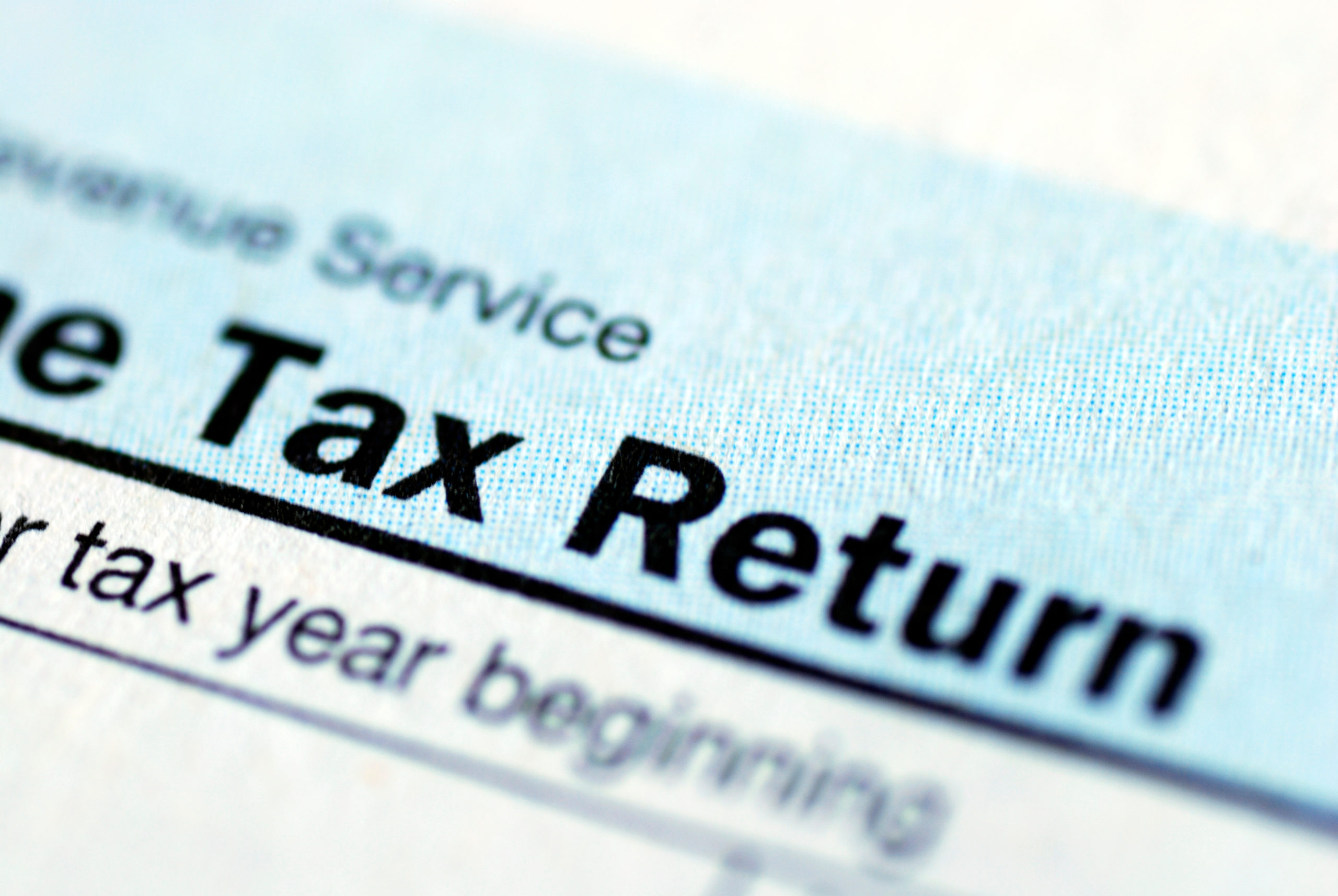
The 2021 tax filing season officially ended on Monday 10/17, which was the filing deadline for extended personal income tax returns (Form 1040). As mentioned in a previous article, submitting Form 4868, Application for Automatic Extension of Time To File U S Individual Income Tax Return, prior to the annual April 15 tax deadline, allows you six more months to file your return. My wife was glad to hear that I E-Filed our joint 2021 1040 with three hours to spare. Unfortunately, returns filed after the deadline will be subject to both late filing and late payment penalties.
I had to keep this series going because the IRS continues to produce fodder for my column by continuing to disregard the Tax Code, they insist we, as taxpayers, must know and obey. For them, it is optional.
In case you missed Parts 1 – 4, here is a brief synopsis of those articles. Part 1 included a tax primer and a historical review of the burdensome taxes that pushed the colonists into war with Great Britain. Part 2 highlighted the Shellito case where the IRS and the US Tax Court were chastised by the federal appeals court for ignoring established law. Where is justice, if a taxpayer (as in the Shellito case) must spend years in litigation suffering daily stress and related legal fees, to uphold the plain text of the tax code, which was conveniently ignored by the IRS. To level the playing field, I propose that the IRS be compelled to reimburse the legal costs by every taxpayer when established law is ignored. I can’t help but think about how many people were unethically forced to pay more taxes than the law requires simply because they couldn’t afford to challenge the position of an IRS auditor.
The “Inflation Reduction Act of 2022” was the topic of Part 3 because the timing was perfect and couldn’t be ignored. The inaccurately named Act, contained no measures to limit inflation, but infamously authorized funding and hiring of 87,000 new IRS employees nearly doubling its size. Part 4 covered the Pine Mountain Preserve, LLLP vs. IRS case involving conservation easements. Again, The Tax Court’s decision was overturned by the U. S. Court of Appeals for the 11th Circuit. Do you see a pattern? The IRS disregards the clear meaning of a tax code section and takes a position that causes taxpayers to owe more tax. Since most people avoid IRS entanglements like the plague, the IRS generates more “revenue” (for politicians in DC to spend) from their new “position” and citizens are coerced into paying more tax than the law prescribed.
The topic for today is IRC Section 1031 Exchanges (aka 1031s, Starker Exchange, Like-Kind Exchange). Most realtors know about 1031s because they postpone the tax on a gain when one piece of real estate property is swapped for another. If cash is received during the transaction, it is subject to tax. The postponed gain is transferred to the new property by reducing its cost basis. Usually, the gain is postponed until the new property is sold, but the gain and all taxes can be avoided if die after several 1031 exchanges. Your heirs will receive a tax-free step-up in the basis to fair market value.
Years ago, a client filed 1031 and followed all the requirements and deadlines. However, that client had other income streams and was selected for examination (audit) by the IRS. The auditor disallowed the postponement of the tax on the deprecation recapture.
I contacted the attorney who acted as the Qualified Intermediary and confirmed that every step was followed. He added that he had been involved with 1031 exchanges for decades and stated that a properly executed 1031 delayed the entire gain and any depreciation recapture.
In response, the IRS auditor sent me his work papers and referenced Treasury Regulation 1.1245-6(b). He continued to insist that the depreciation recapture was not postponed by Section 1031 making the entire amount of the transaction taxable. He claimed that only true capital gains avoided taxation in a 1031 exchange. I mentioned that position to other attorneys and realtors and they were in disbelief with the IRS position. Here is a related IRS quote, “IRC Section 1031(a)(1) provides an exception from the general rule requiring the recognition of gain or loss upon the sale or exchange of property.”
Later, I looked up Treasury Reg, 1.1245-6(b). It supported the auditor’s claim, which seems to be contrary to the public’s understanding.
The following example comes from Wikipedia regarding 1031 Exchanges:
“An investor buys a strip mall (a commercial property) for $200,000 (his cost basis). After six years, he could sell the property for $250,000. This would result in a gain of $50,000, on which the investor would typically have to pay three types of taxes: a federal capital gains tax, a state capital gains tax and a depreciation recapture tax (emphasis added) based on the depreciation he or she has taken on the property since the investor purchased the property. If the investor invests the proceeds from the $250,000 sale into another property or properties (without touching the proceeds and using a Qualified Intermediary), then he would not have to pay any taxes on the gain at that time.”
Then, it became clear that the IRS often usurps the constitutional authority of Congress with the stroke of a pen. Code section 1031 expressly allows the postponement of taxes on depreciation recapture, but by issuing a Treasury Regulation the IRS changed the meaning of section 1031 negating decades of established law. The case is still in dispute.
Aric Schreiner, CPA, PFS, Certified Tax Strategist, helps successful professionals and small business owners strategize to reduce taxes and audit risk.




